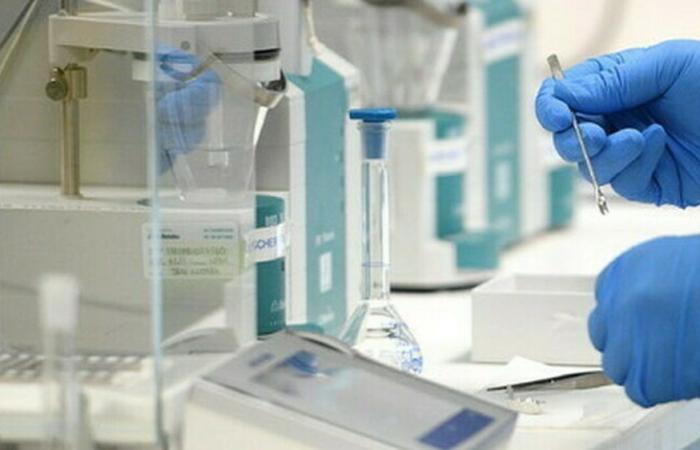During the Covid-19 pandemic, deaths were not only caused by acute respiratory failure. A recent study, in fact, found the presence of microthrombosis in small blood vessels, with serious consequences on other organs such as the heart and kidneys, in addition to the lungs and in some cases even the liver. This study was coordinated by the University of Padua and conducted by an international team of researchers from the Universities of Yale (USA) and Birmingham (UK), together with several Italian University Hospitals.
New discoveries on the causes of mortality
Although the main cause of death from Covid was generally attributed to hypoxic respiratory failure due to acute respiratory distress syndrome (ARDS), the study highlighted the presence of thrombosis in small vessels. This microthrombosis caused significant functional impairment not only in the lungs, but also in vital organs such as the heart and kidneys. In addition, microthrombosis was also observed in the liver. Although liver involvement was frequently found in patients with Covid-19, the clinical significance of these changes remained uncertain, at least until this study.
The crucial role of pericytes
A key element of the research, co-authored by Paolo Simioni, director of the Department of Medicine in Padua and of the Clinica Medica Prima, concerned the role of pericytes, a type of vascular cell that has been overlooked until now. Pericytes form a sheath around the endothelium of blood vessels, the layer of cells in direct contact with the blood flow. The study showed that Sars-CoV-2 infection induces a response in pericytes, which in turn activate the secretion of coagulation mediators such as Tissue Factor and von Willebrand Factor. These mediators are responsible for local hypercoagulability, leading to thrombosis, and for the dilation of small pulmonary arteries, causing a reduction in oxygen saturation in arterial blood.
Clinical implications and future research
These findings have significant implications for the understanding and treatment of COVID-19. Recognizing the role of microthrombosis and pericytes in the pathogenesis of the disease may lead to new therapeutic approaches aimed at preventing clotting in small vessels and protecting vital organs. Further research will be needed to better understand the clinical significance of liver alterations and to develop effective treatment strategies against COVID-19-induced vascular complications.
© ALL RIGHTS RESERVED





